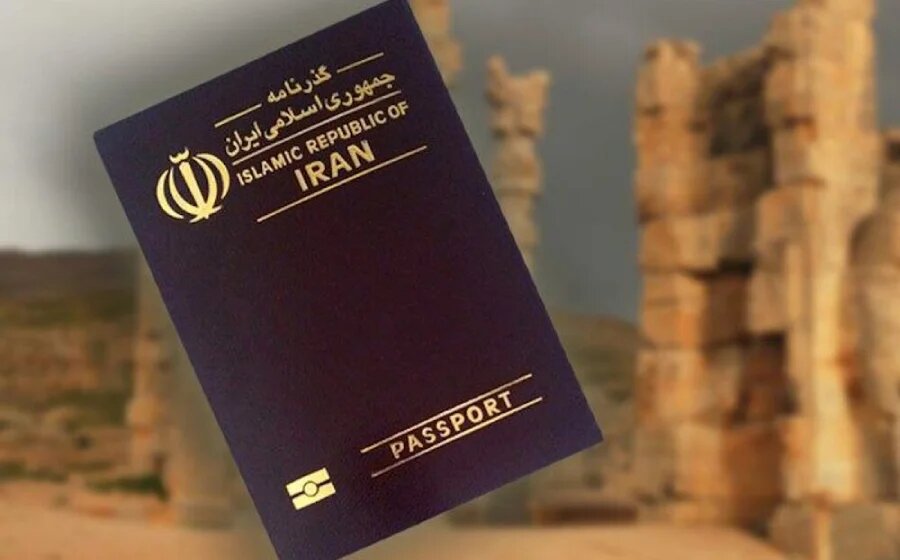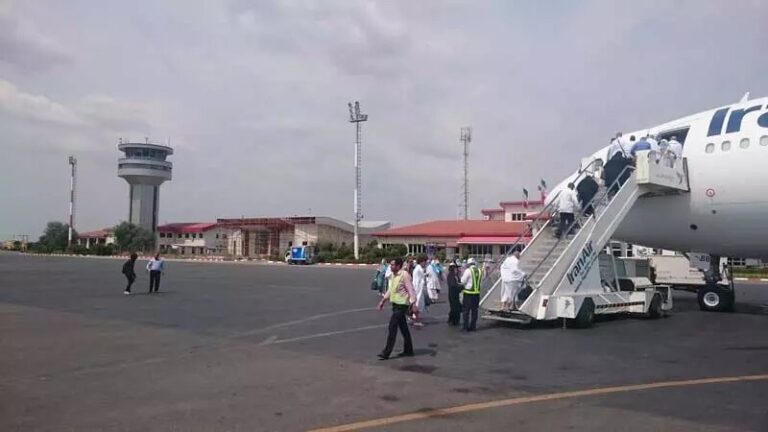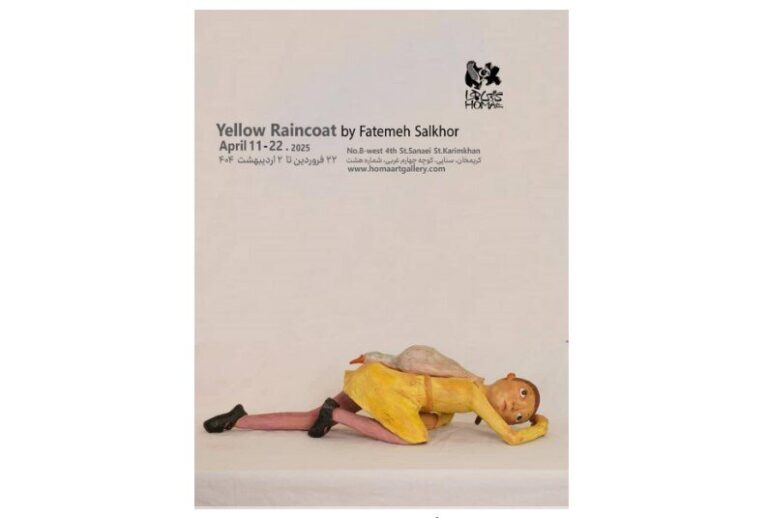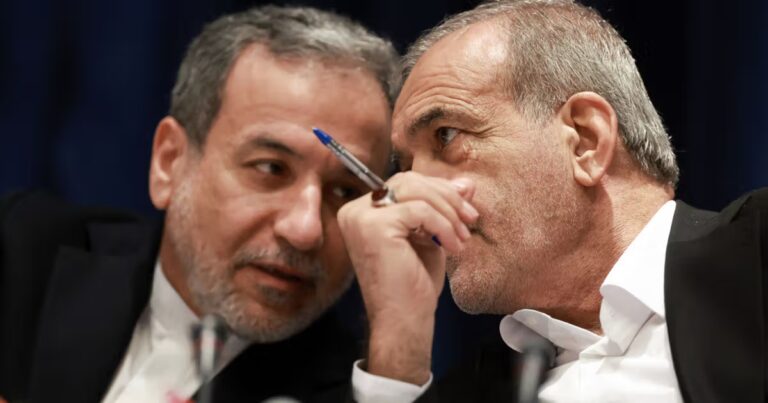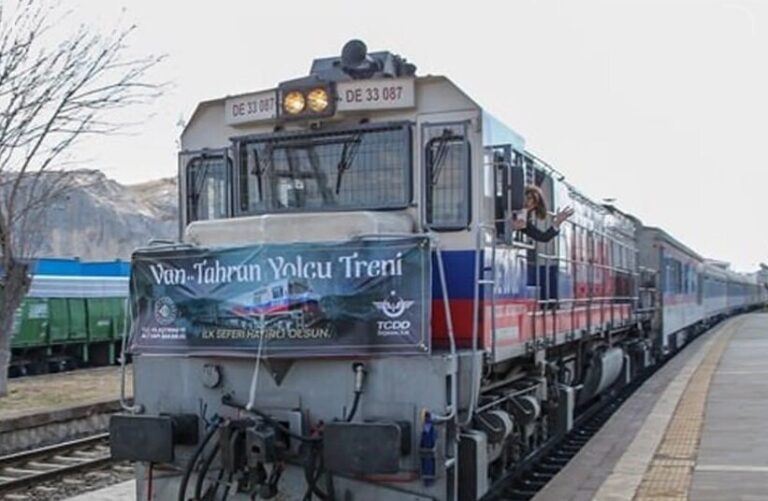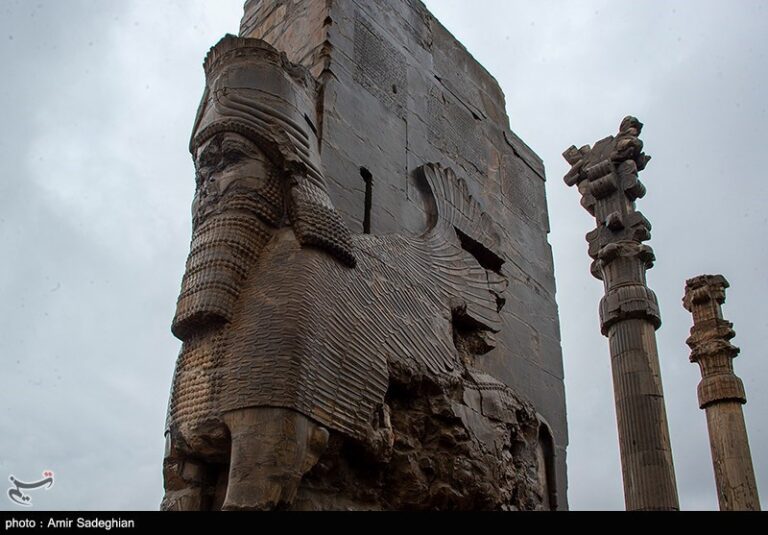Tehran and Moscow Move Closer to Complete Visa Waiver, Reveals Lavrov
In a significant move to enhance diplomatic relations and promote tourism, Iran and Russia are actively working to abolish visa requirements between the two nations. This announcement was made by Russian Foreign Minister Sergey Lavrov during a joint press conference with Iranian Foreign Minister Abbas Araghchi in Moscow.
Lavrov highlighted the growing strength of the bilateral ties, stating, “Despite challenging regional conditions, cooperation between our two nations remains strong and continues to progress.” The discussions revolve around finalizing a tourism agreement that aims to remove visa requirements, which could greatly benefit both countries.
Here are some key points regarding the visa abolition efforts between Iran and Russia:
- Current Visa-Free Travel: In September 2023, both nations implemented a visa-free travel agreement for group tours. This allows groups of five to fifty travelers from either country to visit without a visa for up to 15 days.
- Future Prospects: The proposed new arrangement seeks to expand this cooperation, potentially leading to individual visa-free travel.
- Cultural Exchange: The removal of visa requirements is expected to facilitate greater cultural exchange and strengthen economic ties between Iran and Russia.
Officials from both countries have expressed a strong interest in enhancing tourism cooperation. Iran is particularly keen on attracting more Russian tourists, many of whom are still unaware of the diverse cultural and historical attractions the country offers.
In recent years, both nations have emphasized the importance of tourism in their bilateral relations. The removal of visa barriers is seen as a crucial step toward fostering closer ties and encouraging more people-to-people interactions.
As both governments work towards finalizing this agreement, the potential for increased tourism and cultural exchange is significant. The easing of travel restrictions could open doors for countless tourists eager to explore the rich heritage and natural beauty of both countries.
Furthermore, the collaboration between Iran and Russia in the tourism sector could serve as a model for other nations looking to strengthen their diplomatic relations through travel and cultural exchange. The mutual benefits of such agreements often lead to enhanced understanding and cooperation across various sectors beyond tourism.
Lavrov’s remarks reflect a broader strategy to deepen ties in multiple areas, including trade, security, and energy. The anticipated tourism agreement could be a pivotal part of this strategy, showcasing the importance of tourism as a facilitator of international relations.
In conclusion, the potential abolishment of visa requirements between Iran and Russia marks a significant development in their bilateral relationship. As both countries work towards finalizing this agreement, the impact on tourism and cultural exchange is expected to be profound, paving the way for a more interconnected future.
